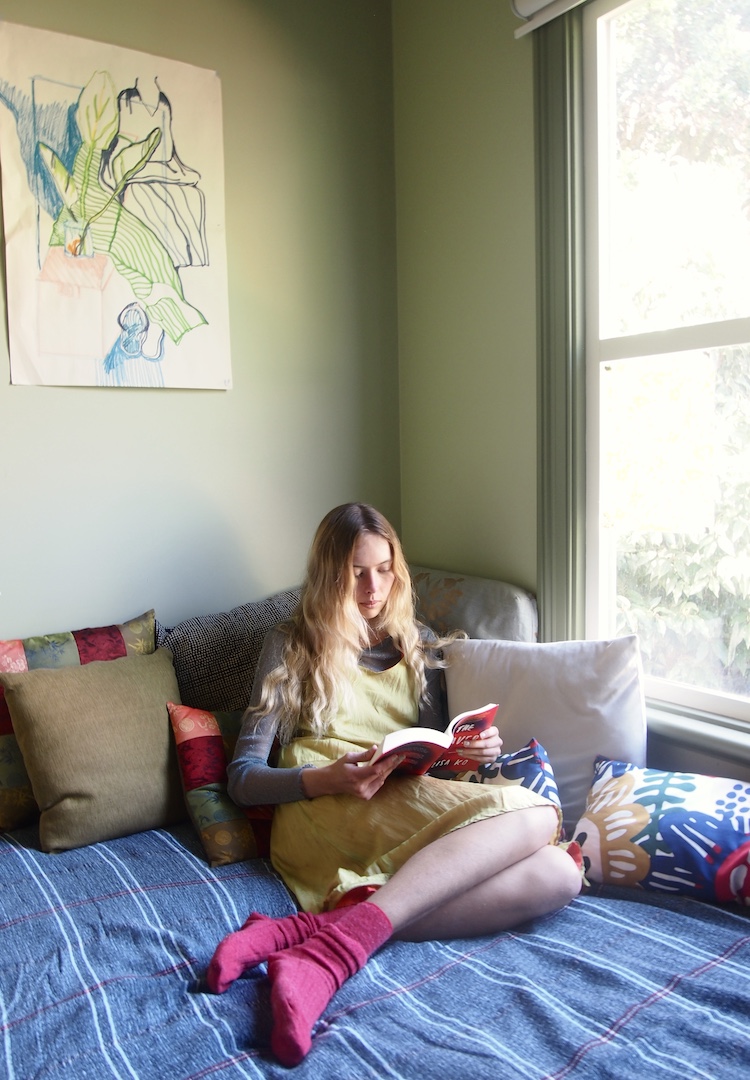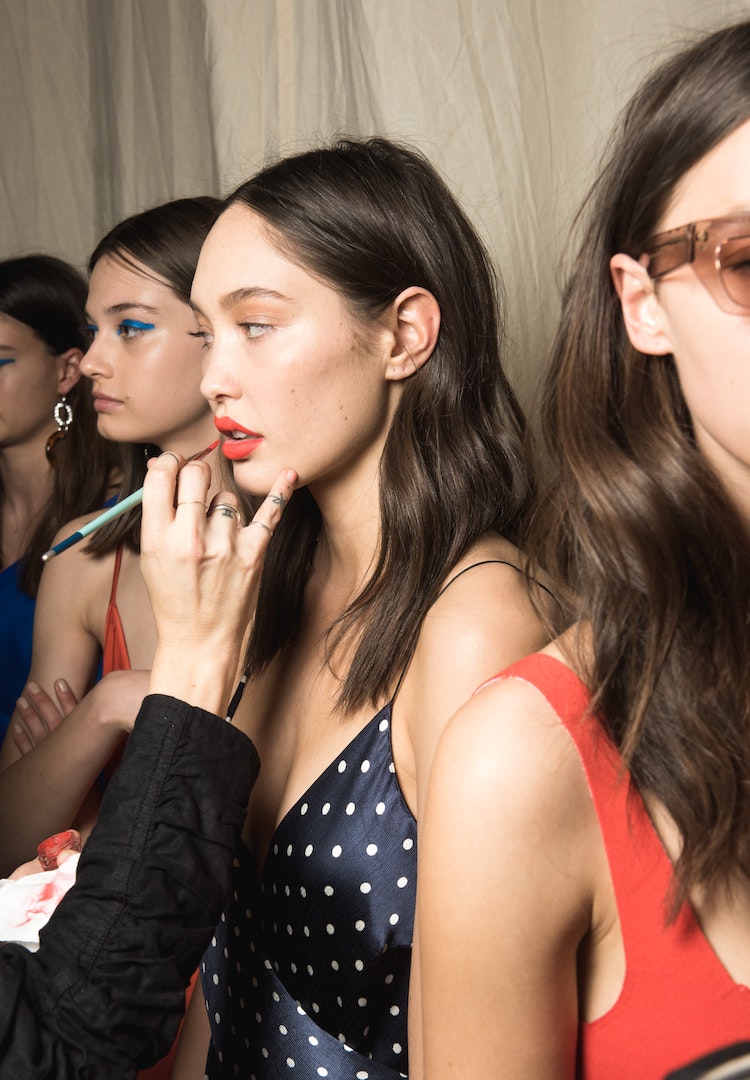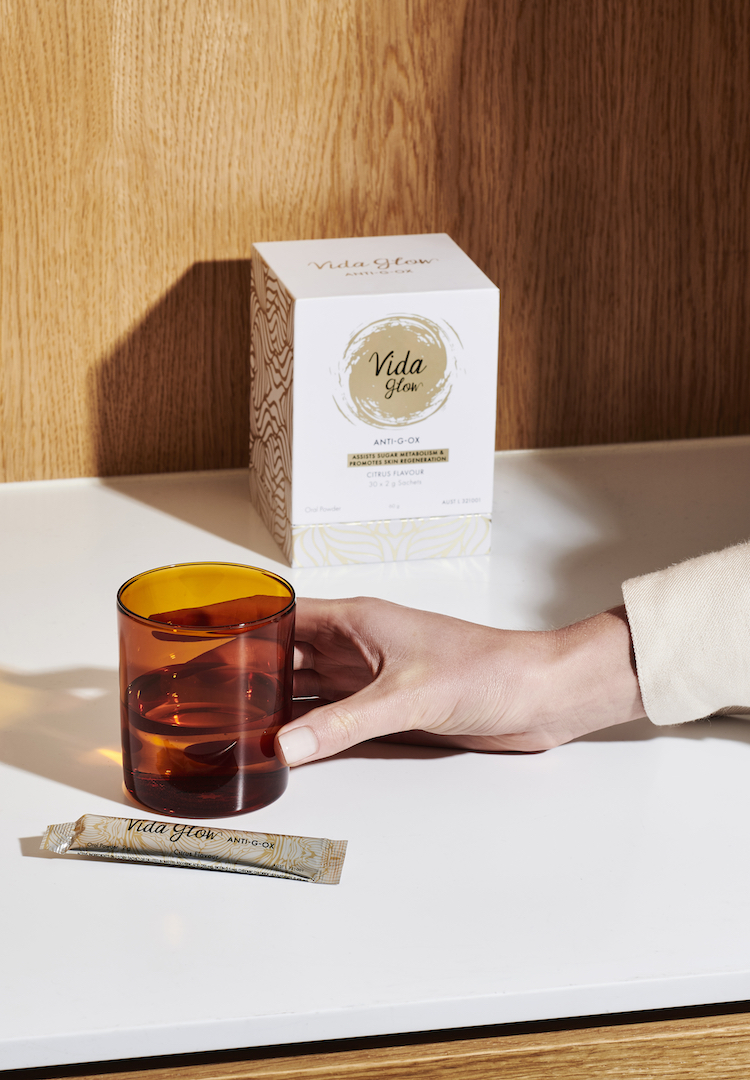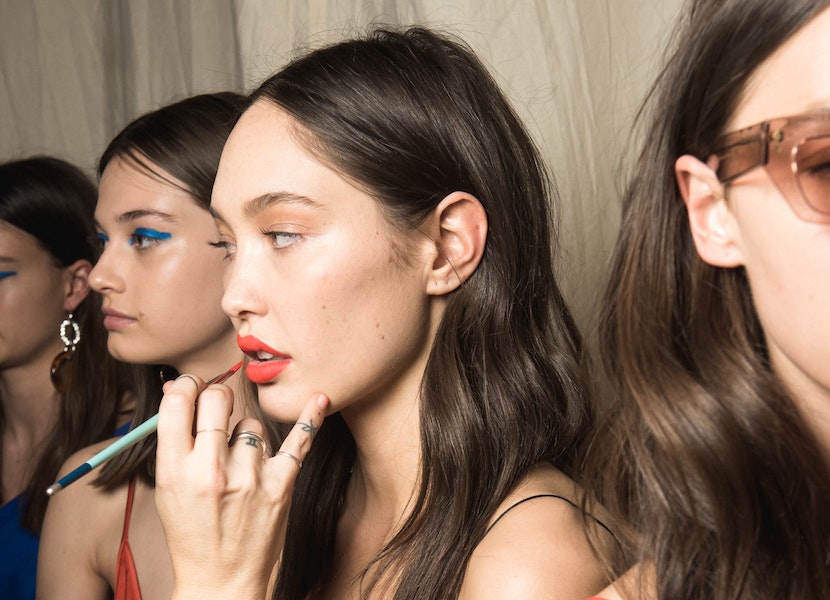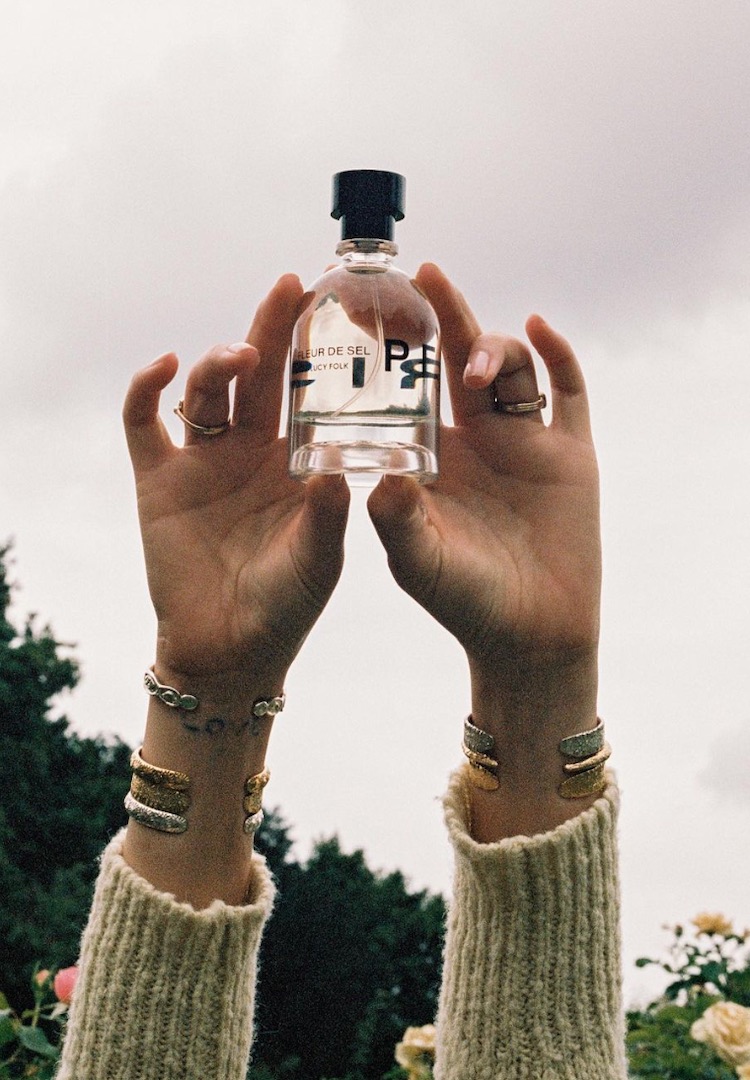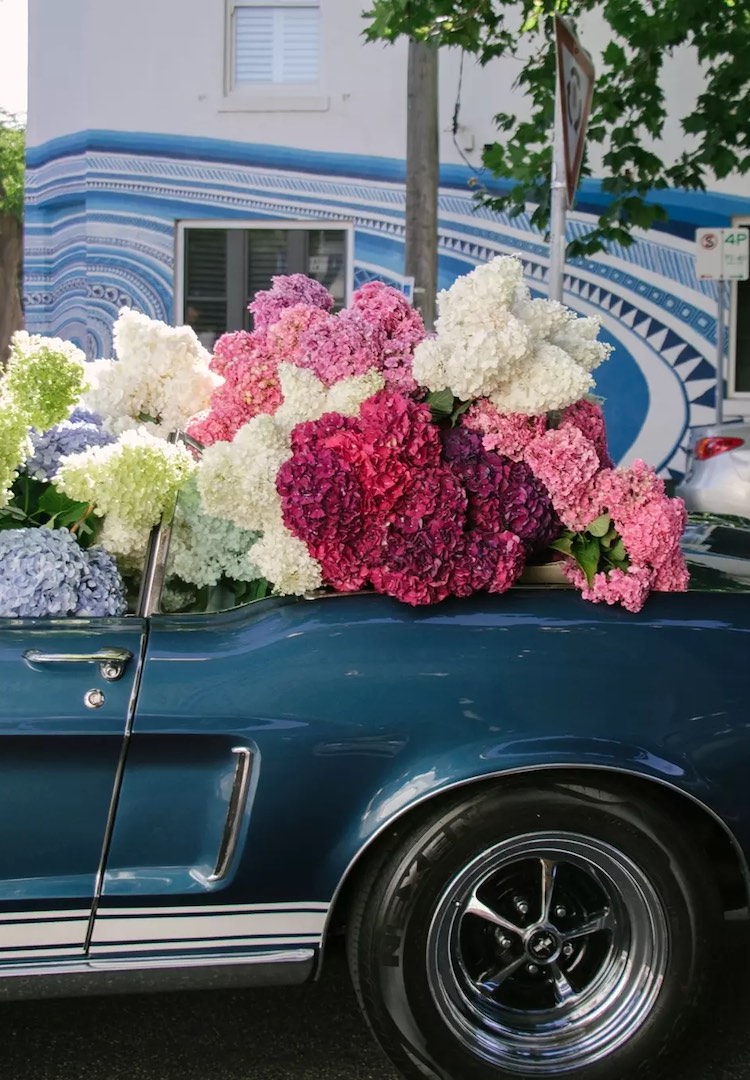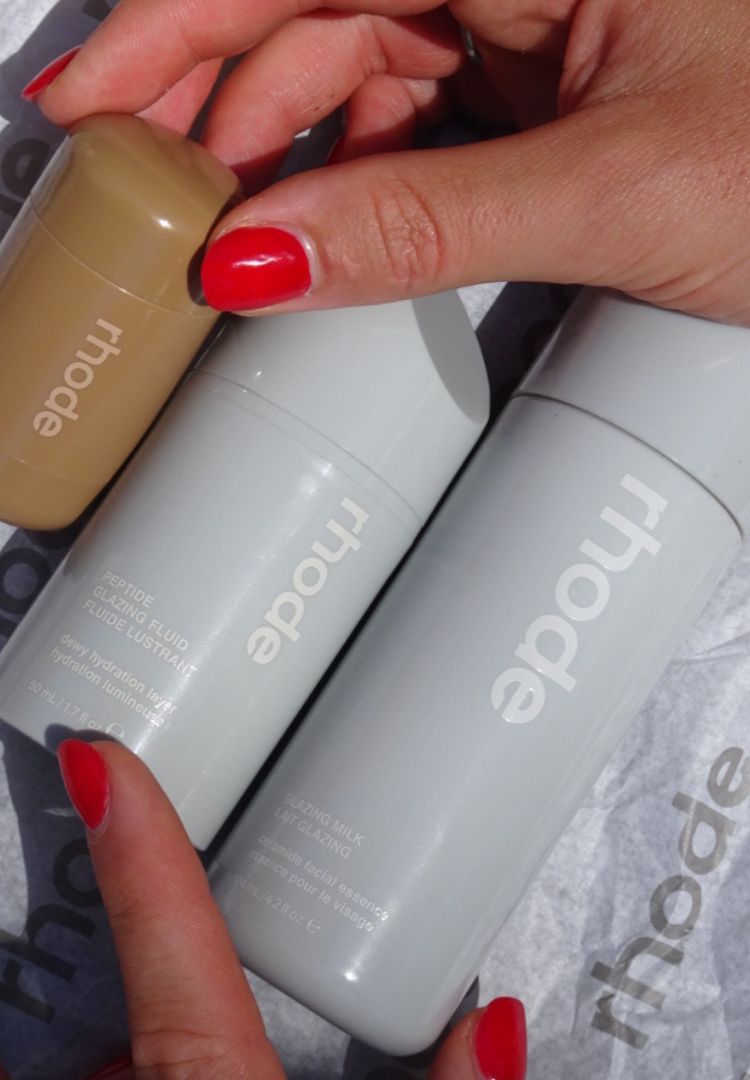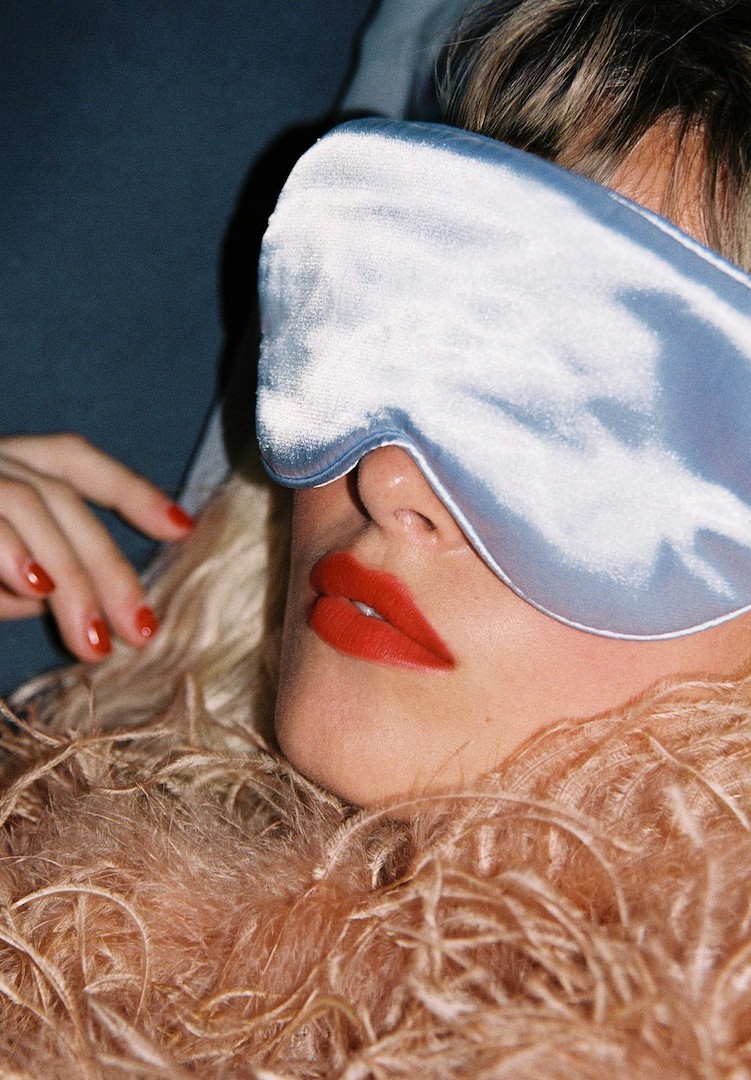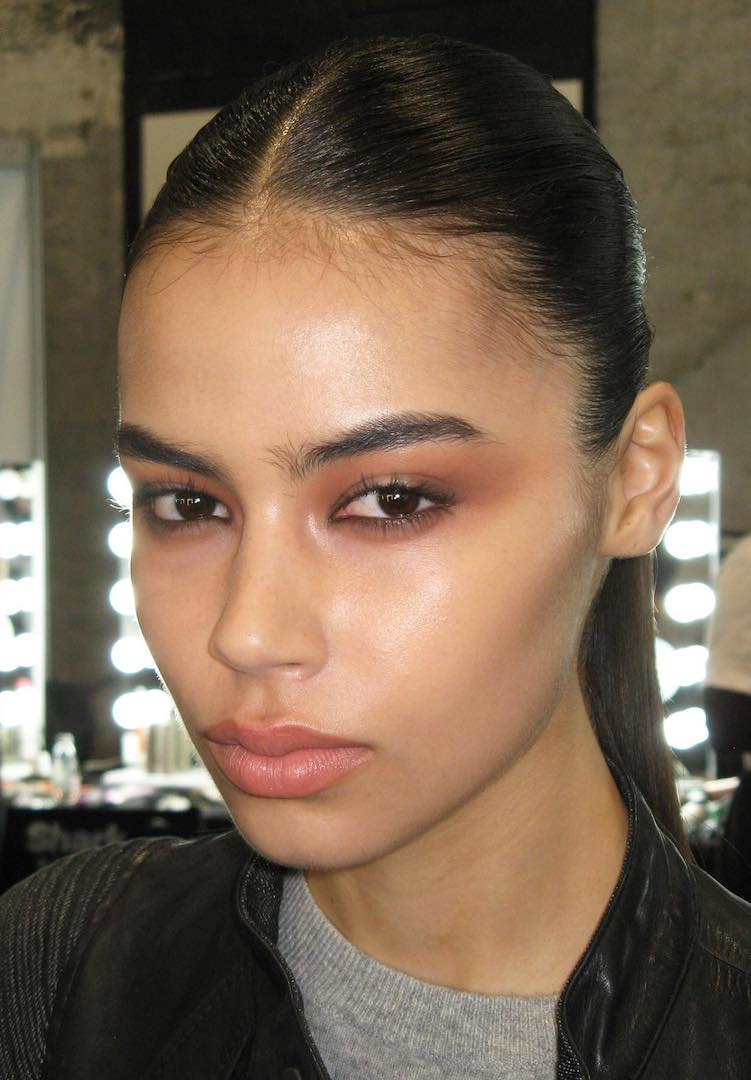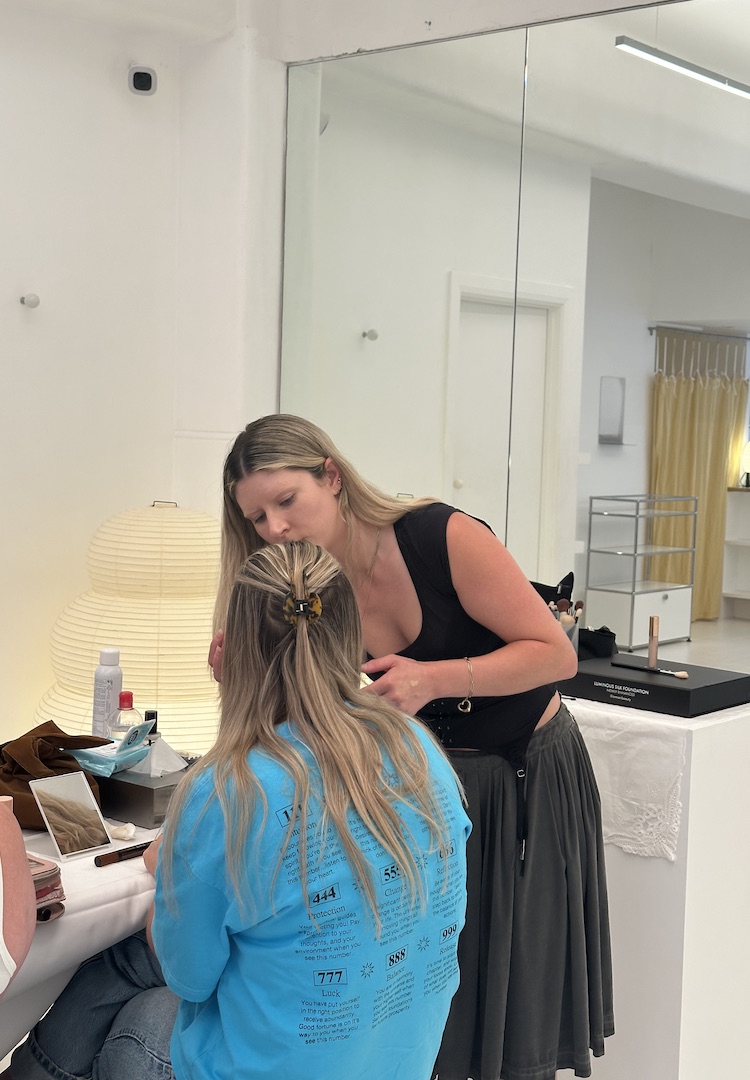Australian makeup artists still aren’t following basic hygiene practices in COVID
PHOTOGRAPHY BY KRISTINA YENKO
WORDS BY GEORGIE KIBEL
Melbourne makeup artist Rob Povey explains the importance of hygiene practices during the pandemic.
When Melbourne makeup artist Rob Povey shared a post to his story questioning a seemingly routine makeup application technique, I will admit I was confused. The post he shared appeared to look like any other, featuring the steady hands of a makeup artist on set, delicately applying product to a model.
In this particular video, the artist was applying what looked like a liquid lipstick or similar. She pulled the applicator wand from the bottle and proceeded to brush a rouge shade onto the model’s cheeks and lips. Presumably, the wand was dipped back into the bottle and the makeup was sealed.
But Rob, who has worked as a makeup artist for almost 15 years, has sharper eyes than me. While some of us may cringe at the thought of sharing a lipstick wand with others, others may gladly share their product among friends, or even strangers.
Rob warned his followers that applying products in this way, particularly due to the current coronavirus crisis, is highly risky due to its ability to spread disease and infection.
“Even before COVID-19, it was crucial for me as a makeup artist to decant my products, and I never apply mascara, lipstick, or gloss directly from an applicator,” he tells me, explaining these are things you learn in your first week of any beauty course.
“But in this video, which is definitely not the only one out there, the makeup artist was doing exactly that. I posted it to my story because obviously it is unhygienic, but due to the pandemic it is downright dangerous.”
While Rob can’t say precisely how dangerous shared makeup application might be for facilitating the spread of coronavirus, one could use their common sense and presume it’s just not a good idea.
Imagine sitting in Mecca, and letting a gloss brush run over your lips that has been used countless times by other people during the day. Or a mascara wand that has been used even once before, just millimetres away from one of the most sensitive parts of your body.
Even without a pandemic, applying makeup directly from the applicator to a person can transfer all kinds of nasties between people. Cross-contamination can cause infections and diseases such as styes, conjunctivitis, mouth herpes, staph infections, fungus and viruses to “spread like wildfire,” Rob tells me.
Why is this happening?
Rob speculates that it is largely due to social media, and the desire to create seamless videos and tutorials. “Brands use influencers to advertise products. Makeup artists who skip decanting may do it so they produce cleaner, snappier content.”
He also points out that it may be due to the likelihood of receiving brand endorsement when using the wand provided with a gloss or mascara. “When the entire product and brand name is visible, makeup lines are more likely to repost the work, so there is also incentive for those wanting to gain a following and build a name for themselves,” he explains.
I think about how many videos I have watched where a makeup artist holds a hand behind a product to allow the camera to focus, before unscrewing the lid and applying it onto a model. The editing that goes into these videos and tutorials is no joke, and skipping such a crucial safety step may produce more engaging, fast-paced content.
Recoiling at the thought of conjunctivitis or a cold sore, let alone a highly infectious, recession-provoking and life-threatening disease, I ask if perhaps makeup artists are giving the makeup to the model afterwards.
He laughs, and tells me that “budgets aren’t big enough to be gifting a $40 lip gloss after every use… I could believe that in situations where you’re talking to a makeup artist that does Hollywood red carpets, but not your standard makeup artist in Australia.”
Rob fears that if such negligent practices continue, it may cause the makeup artistry industry to lose credibility. “Makeup is already perceived to be a frivolous practice, so when people don’t uphold standards of hygiene it does make us all look unprofessional.”
He is also disappointed with his industry peers, as many are behaving as though we aren’t in the midst of a deadly pandemic. “Watching these videos from my home in Melbourne, under one of the most strict restrictions in the world, makes it even more frustrating to see because we can’t work nor earn a living for six weeks,” he says.
As a veteran in the industry, Rob knows it can be daunting for young models who do not want to engage in confrontation. “Many of my friends are models and they often don’t speak up when things like this occur because they don’t want to be viewed critically while doing their job, and they want to be perceived as amicable.”
But he insists that it is important that you put your wellbeing first, whether you’re a model or having your makeup applied by a professional before an event.
“You don’t need to call them out loudly,” he tells me. “But I strongly suggest you say ‘Hey, just for my own peace of mind, how did you sanitise this brush?’ or ‘What hygiene measures do you take before each client?’”
Rob, who is looking six weeks ahead to when Melbourne’s lockdown restrictions will ease and he can begin work again, assures me that he will be wearing PPE and taking every necessary precaution. Here’s hoping every other makeup artist in Australia follows suit.

